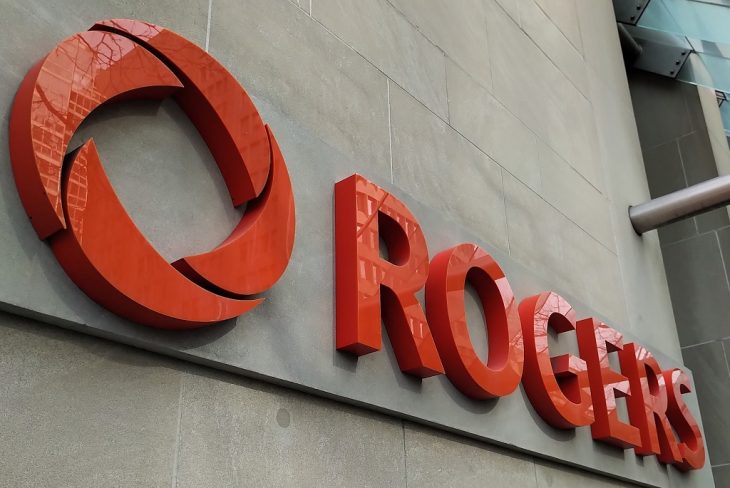
By Ahmad Hathout
The Federal Court of Appeal has granted Rogers’s application to challenge the CRTC’s decision to pick, in final offer arbitration, Quebecor’s offer to ride on the cable giant’s mobile wireless network.
The appeal court released its decision on August 16, almost exactly a year after Rogers filed an appeal disputing the July 2023 decision on the basis of an alleged lack of transparency by which the CRTC decided to select the Montreal-based company’s rate to lease wireless capacity.
Rogers has always claimed that the rate selected by the CRTC is “materially lower than the rate” it proposed, which it said will not allow it to recoup its investment at least in the immediate term. The CRTC has said the rate will allow Quebecor to better compete as the presumptive fourth carrier by offering more cost-effective data plans.
During the arbitration process, and despite commitments to confidentiality, Rogers said it was denied requests to see Quebecor materials that it said would’ve informed it about the methodology used to rationalize its rate and therefore prevented it from fairly evaluating and responding accordingly.
Instead, it alleges, the CRTC made adjustments to bring Rogers’s rate more in-line with Quebecor’s offer without telling it how those adjustments were made.
After the decision was rendered and before it filed its court appeal request, Rogers said it filed a request for disclosure of the adjustments to the rate-setting methodology used by the CRTC. But less than a handful of days before it filed to the court, on August 21, 2023, the CRTC responded by saying that it “cannot supplement the reasons in the [Arbitration Decision] or provide additional rationale” in response, Rogers says in its appeal notice, refiled this week.
“The Arbitration Decision does not state what adjustments were made, why, how they were made, or what the final rate per-gigabyte was as a result of those adjustments,” the appeal notice says. “Nor did the Commission give Rogers notice of its intention to apply these ‘adjustments,’ an opportunity to make submissions as to whether they were in fact appropriate, or the opportunity to verify that they have been applied correctly.”
Rogers is also challenging the CRTC’s decision to deny it confidential access to a document relevant to the rate-setting process that Quebecor filed to the Competition Tribunal during its hearing on the purchase of Freedom by Quebecor’s Videotron.
The CRTC argued in a letter to Rogers on May 29, 2023 – while the CRTC was still in the midst of determining the rate – that the cable company did not make its case, and that granting its information requests “would cause delays to the conduct of the proceeding – and thus the implementation of MVNO service between the parties to this proceeding – and is therefore not in the public interest.”
Rogers will also argue that the CRTC’s decision wasn’t “just and reasonable,” as defined by the Telecommunications Act, because it reasoned that it was within its right – in approving Quebecor’s rate – to require that Rogers take a “modest or temporary loss” in one line of business while other lines remain profitable.
The cable company alleges that, if the decision is allowed to stand, it would turn the rate-setting process into a “purely policy-driven exercise” that risks insulating the regulator from legal review because that reasoning deviates from the legal standard.



